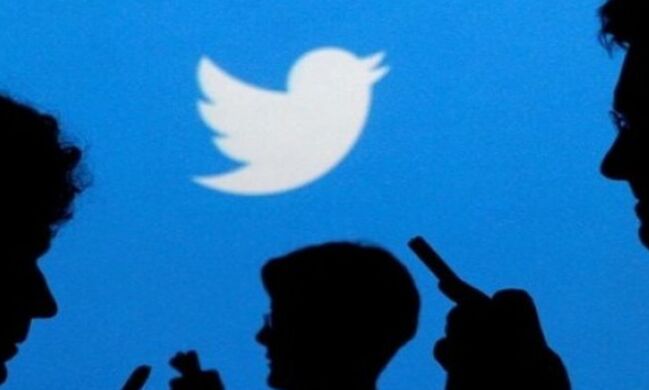Responsible speech

Free speech is a tricky slope to navigate, particularly in the modern-day. It is hard to know when your right to free speech and expression becomes harmful to individuals, groups or society at large. When should a competent authority step in? Who is this competent authority? In the days before social media, the government was the only notable arbitrator of what should and should not be covered under protections of free speech. Today, the sheer reach and expanse of the social media ecosystem mean that questions of responsibility are even more uncertain now. While the role of the government in monitoring free speech is frequently viewed with a negative connotation, expectations of the social media companies themselves are more nuanced. Some wish for social media companies to be further involved in the process of regulation and have been critical of perceived lapses by these companies to monitor content on their platforms. In recent years, social media has been linked to the rise of fringe conspiracy groups, fake news outlets and much more else besides. More recently, the major social media giants have also been forced to weigh in on their stance on free speech in regards to political speeches or rhetoric posted online by politicians themselves. While Facebook and Twitter ultimately go to varying degrees to monitor and regulate conversions on their platforms, both nevertheless have been leading the social media pack in defining new systems of content regulation. As it were, their attempts to regulate their platforms during the 2020 US elections have earned them the ire of many conservative groups who are mimicking concerns of Republican leaders that their voices are being disproportionately suppressed by the platforms.
Now, as the likes of Twitter and Facebook have grown too 'biased' for certain groups, a new generation of largely unrestricted social media apps have hit the market that pride themselves as being bastions of free, unregulated speech. Parler seems to be leading this pack with many conservative leaders, commentators and influencers imploring their Twitter followers to join them on the new platform. Many have called for an end to what they call the 'Silicon Valley censorship'. Naturally, Parler has appealed most to those who have had their posts fact-checked or labelled as disinformation. It is hardly surprising that downloads for Parler peaked immediately after the US Presidential race was called for Joe Biden and social media platforms began labelling posts that claimed electoral fraud. But there is a much darker side as well. Alongside allowing dissatisfied conservative elements to find a comfortable echo chamber, Parler is also playing host to several conspiracy theories and fringe elements that have been restricted by the other platforms for quite some time. There have been reports of pages dedicated to flat-earthism, climate change denial, antivax and anti-mask conspiracies, Holocaust denial, etc to name a few. Fringe movements and groups like QAnon and Proud Boys have found a stable source for spreading their influence with little in the way of restrictions. While it is doubtful that such apps could replace Facebook and Twitter any time soon, even for conservative audiences, it does raise a few questions. Prominently, it leaves the companies themselves in a lurch as they have to decide how to respond to the trend of unregulated social media platforms. This is particularly significant as Parler is now gaining significant foreign users, most prominently from India and Saudi Arabia. Much of the content from India follows similar lines of discussing vaccine and Covid conspiracies with the local addition of conspiracy-laden discussions of the ongoing protests, the Shaheen Bagh protests from earlier this year and 'love jihad'. This doesn't end with Parler as many enterprising entrepreneurs have already shown interest in developing a 'desi' version of platforms like Parler to allow for a similarly unrestricted conversation.
While there may be no clear answers on a way forward, it is safe to say that such echo chambers have great potential for harm, particularly in these divided and trying times where free-speech is often wielded as much as a weapon as it is as a right. Loosening regulations in such cases is rarely an ideal or advisable solution.



